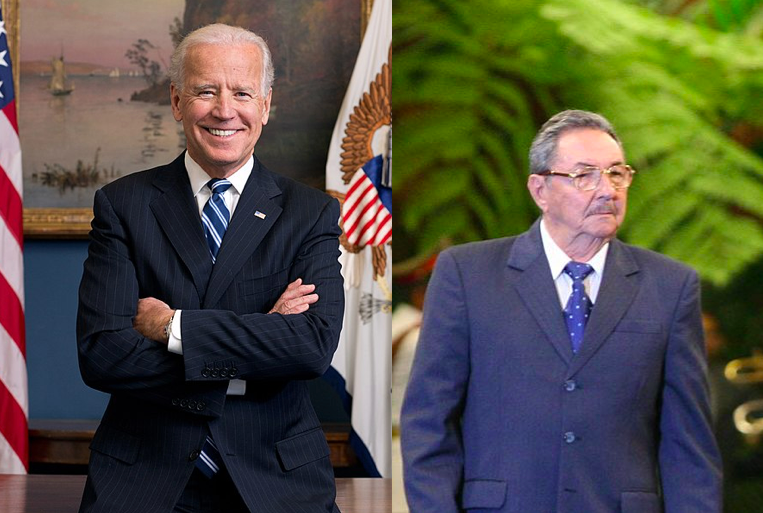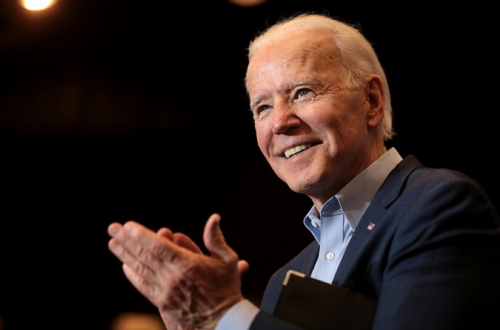In 2014, former President Obama and Cuban leader Raúl Castro started a process to normalize relations between Cuba and the U.S. Later in 2015, the Obama administration removed Cuba from the U.S. State Sponsors of Terrorism list. Obama was the first president in years who tried to re-establish diplomatic relations with the communist country.
Now in 2021, just as President Joe Biden is entering office, Rep. Maria Elvira Salazar (R-Fla.) brought forth important legislation that directly affects the country’s Cuban American population. The Fighting Oppression until the Reign of Castro Ends, or the FORCE Act, seems like a step back to pre-Obama relations with Cuba.
The FORCE Act would reinstate Cuba on the State Sponsors of Terrorism list.
Salazar’s bill, if it becomes law, would require the communist country to release political prisoners and commit to fair, democratic elections–a complete shift from Castro’s current protocol–if the president wants to delist Cuba once again.
The Cuban government “continues to jail, starve, murder and systematically oppress the people of Cuba,” says Salazar as she announces that she is “proud to introduce the FORCE Act.” Her main goal is to hold the communist government accountable for their inhumane treatment of fugitives and Cuban citizens in general.
With a Democratic majority in the House of Representatives, it may be difficult to pass a bill that essentially reverses former President Obama’s efforts to maintain civil relations with Cuba. The Senate, on the other hand, is almost split down the middle with 48 Democrats, 50 Republicans, and 2 Independents, making it hard to predict whether Salazar’s bill would pass through the Senate or not.
Despite the uncertainty of Salazar’s bill passing in Congress, several Republicans are already on board. Among them are Alex Mooney (WV) and Nicole Malliotakis (NY), both of whom are Cuban Americans.
Rep. Díaz-Balart stated, “It is imperative that Cuba remain on the SST list for its support of foreign terrorist organization(s) such as the Revolutionary Armed Forces of Colombia and the National Liberation Army…and propping up the oppressive, anti-American dictatorship in Venezuela.”
Member of Florida’s House Delegation Carlos Gimenez, another co-sponsor of Salazar’s bill, claims that “Cuba’s fluctuating status as a state sponsor of terrorist weakens our grip of enforcement of the LIBERTAD Act and undercuts our diplomatic efforts to transition Cuba into a freer and more open country.”
These Republican members of Congress and Obama’s administration seem to have one thing in common: both would agree that Cuba’s government is anti-American and anti-democratic. They both want to move Cuba away from the oppressive communist regime.
The difference is how they wish to go about achieving this goal. Last September, Biden stated that he would try to “reverse the failed Trump policies as they inflicted harm on Cubans and their families.”
Though Biden wants to return diplomatic relations with Cuba to Obama-era policies, Republicans in Congress like Salazar wish to hold the country accountable for their actions, and the beginning of this is a bill like the FORCE Act.
Featured image: Joe Biden (left) and Raúl Castro (right). Left image- public domain photo. Right image- unmodified image by Agência Brasil used under a Creative Commons license. (https://bit.ly/3jwvAnh)
Check out other recent articles from the Florida Political Review here.






One Comment
Vahe David Demirjian
This bill is unlikely to be put up for a vote, like the now-defunct Cut Profits to the Cuban Regime Act.